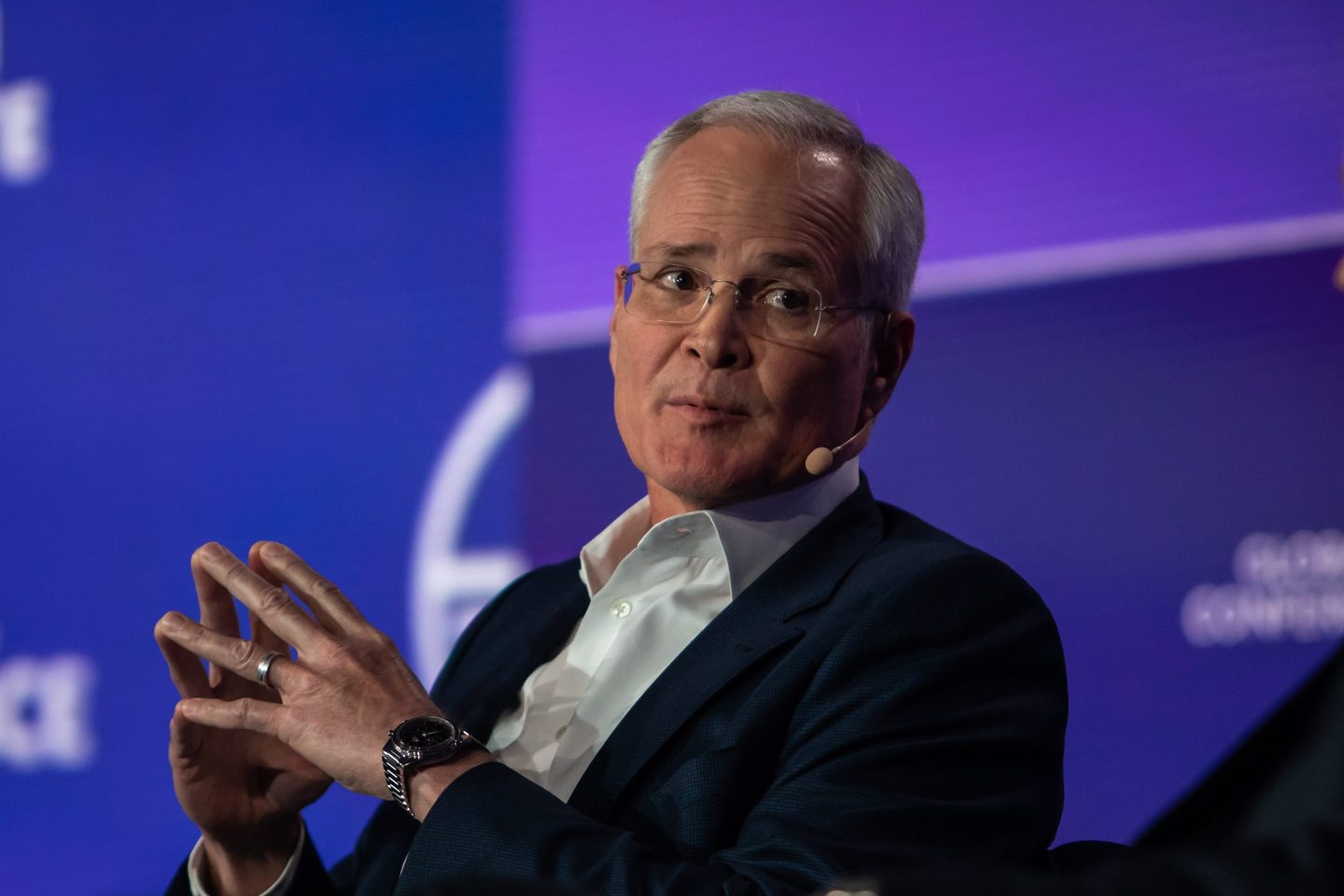Mobile payment company cMoney announced in July that it had raised $100 million in equity financing. So why is it nearly broke today, without even a receptionist to answer its phones?
CMoney (CMEY.PK), a Houston-area mobile payment startup, last week withdrew registration for a new offering of common shares. It blamed its auditors, who had resigned and withdrawn their opinions on the company’s 2008 and 2009 financials.
The move raised lots of questions, including the status of $115 million in private equity commitments that cMoney said it had raised in 2010 (technically structured as equity lines of credit). My first move was to call the company, but no one answered. Then I called an “investor relations” representative, who said she’d pass my message onto an octogenarian board member (still awaiting a callback). Finally, I reached an outside PR rep for the company, and our conversation included the following exchange:
PR: “The contact we have is CEO William Watson…”
Me: “He was just fired.”
PR: “You’re thinking of the CEO fired earlier this year. Watson is the new CEO, named in July.”
Me: “I know, but cMoney filed an 8-K last week saying Watson was fired too.”
PR: “Oh, thanks for letting me know. You also could call the VP of marketing, Thomas Shaw.”
Problem is, Shaw isn’t there anymore either. The firings of Watson and CFO David Johnson were described as “for cause,” in an SEC filing signed by cMoney chairman Larry Wilson (who doubles as a Dallas-area dentist). Shaw’s termination was disclosed via a subsequent lawsuit, in which all three of the departed execs sued chairman Wilson, company founder Jennifer Pharris and others for fraud, embezzlement and a related series of other bad deeds.
In their suit, the fired executives suggest that cMoney was little more than a personal piggy-bank for company insiders like Pharris and Wilson. Others named include Pharris’ father Dennis, a company adviser who has previously been held liable for fraud.
Here’s an excerpt:
The suit goes on to say that when the new management team assumed control on August 1, the company’s operating bank account was just $133. It adds that the firings occurred one day before Watson and CFO Johnson were scheduled to testify in an SEC fraud hearing, in which active company officers would be permitted to disclose confidential information.
An SEC spokesman declined to comment on the existence of an investigation. I did, however, get confirmation from Robert Gandy, the investment banker responsible for introducing cMoney to investors Kodiak Capital Group ($15m) and AGS Capital Group ($100m).
“Of course there’s an investigation,” Gandy told me from his Houston office. “It mostly involves Jennifer’s father, and if his relationship to her is affecting the company.”
The fact that Gandy spoke to me is fairly interesting, given that he’s listed as a defendant in the lawsuit. He says that the allegation of him not holding a broker-dealer license is accurate, but that he doesn’t need one for the type of work that he does: “I’m not required to have a broker-dealer license if I’m not selling securities. I’m just a consultant who introduced cMoney to some investors we’re affiliated with … This is the first time I’ve had a client situation turn into a nightmare.”
I’m not so sure Gandy is right about his need for a license, based on SEC guidelines, but more interesting are his own claims against accusers Watson, Johnson and Shaw. He says that the trio was fired after being caught trying to “steal” cMoney’s technology, and that they soon will be served with a counter-suit.
In other words, cMoney is an absolute mess. No working product. No management team. No money.
Under normal circumstances, that also would mean no honoring that $115 million of equity commitments. Even if cMoney completed a new audit and installed new management, the past month’s events could certainly constitute a material breach.
I called both Kodiak and AGS for comment, but didn’t get very far. The Kodiak managing director listed on a cMoney press release has a voice mail too full for messages, while Allen Silberstein hung up on me after curtly explaining that he doesn’t speak to the press.
Again, Gandy to the rescue. He claims that both firms do still plan to invest, once the new audit is complete and the company gets a new S-1 approved. Kodiak and AGS believe in the cMoney technology, Gandy says, and feel that Jennifer Pharris is being unfairly tarred by her father’s past misdeeds.
No wonder Kodiak and SGS won’t comment. If I was planning to invest $115 million into such a mess, I wouldn’t want to talk about it either…












